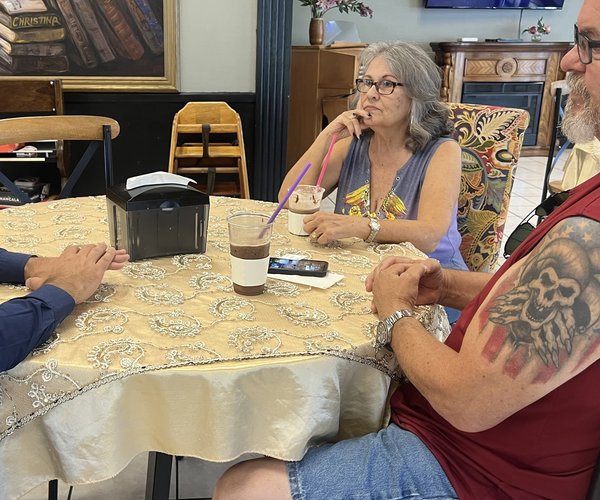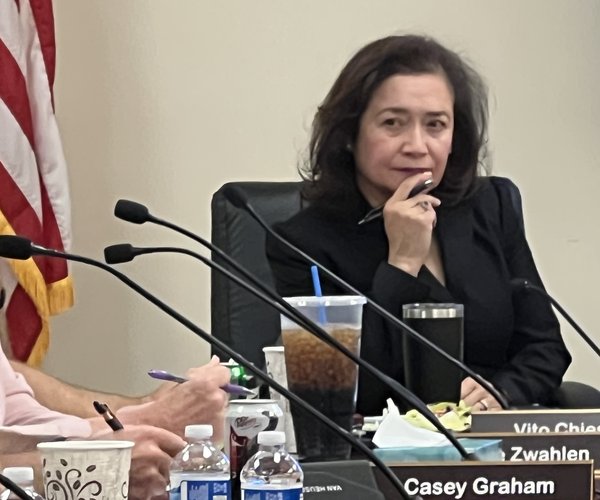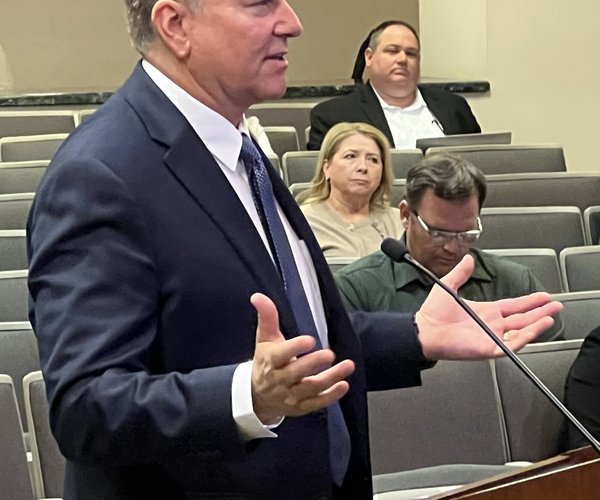The Turlock City Council heard a presentation Tuesday about the pros and cons of becoming a charter city and, apparently, the presentation is where it will end.
City Attorney George Petrulakis gave the council a 15-minute briefing, at the behest of Mayor Amy Bublak, but the council seemed uninterested in pursuing the matter further.
“I just have some other questions about finances and saving the city money as far as our local stuff is concerned, and whether there’s any benefit for the city,” said Councilmember Rebecka Monez (District 2). “If not, I’m not interested.”
Such a move would require approval of Turlock voters, and a simple majority would be required to approve such a move.
“At first blush, it seems like it’s a big administrative task to get it to the voters,” said Councilmember Cassandra Abram (District 3). “And then, if it was the will of the voters, then it seems like even more of an administrative lift. There may be some benefits, but I’m not sure the juice is worth the squeeze, at this point.”
Becoming a charter city — Modesto is one such city — allows voters to determine how their city government is organized and, with respect to municipal affairs, enact legislation different than that adopted by the state. In other words, a charter city’s law concerning a municipal matter would trump a state law governing the same topic.
“Over the decades, the courts have sort of removed from local control things that might previously have been deemed to be local control,” said Petrulakis, who said he’s served on charter committees in Modesto three times, including once as a committee chair. “And it’s sort of ever evolving. The courts have said what is a municipal affair can change over time.”
Petrulakis gave examples of municipal affairs, such as city elections, police department, government structure, public contracting, finance, local taxes, assessments, land use, and zoning. Examples of matters that are statewide concerns include regulation of traffic and vehicles, licensing for members of a trade or profession, imminent domain, annexations, the Brown Act, the Public Records Act, and the California Environmental Quality Act.
According to Petrulakis, some of the pros of becoming a charter city include greater control over municipal matters, legal consistency and the potential for reduced legal costs, and fewer resources required to operate a charter city.
The cons include limited flexibility to tailor local governance, being bound by state mandates in all areas, and less opportunity for innovation in municipal governance.
“I think you probably will have more cities become charter cities to make a statement against an overreaching state government,” said Petrulakis. “I think we’ve lost the capacity largely to exercise self-government. So, if you really wanted to recreate that ethic of self-governance, it might be something you want to try.”
But Petrulakis also warned that politics can play a negative role in charter cities.
“It can become a very divisive issue,” said Petrulakis. “Sometimes, there is concern that special interests are going to operate the system, or it becomes a power grab. That happens a lot in these situations.”
Also Tuesday, the council approved the renewal of Parent University, a partnership between the city and Fresno State to offer free virtual classes during the 2025-26 term — at a cost of $7,000 to the city. However, the city opted not to approve the 2026-27 renewal at this time.
The meeting kicked off with the first presentation from newly elected city treasurer Michael Abram, who prioritized the city’s investment objectives: safety of principal, liquidity to meet cash flows, return on investment.
“Over the first six months of the year, the (city’s) portfolio has returned 2.67 percent, which means an additional $7.7 million for the city,” said Abram.
The issue of the temporarily closed We Care men's homeless shelter once again came up during the public-comment portion of the meeting, with a handful of supporters rising to voice their displeasure with the council’s April vote against assisting the shelter secure nearly $270,000 in state grant funds. We Care supporters have risen to speak at every meeting since the 3-2 decision on April 8.






